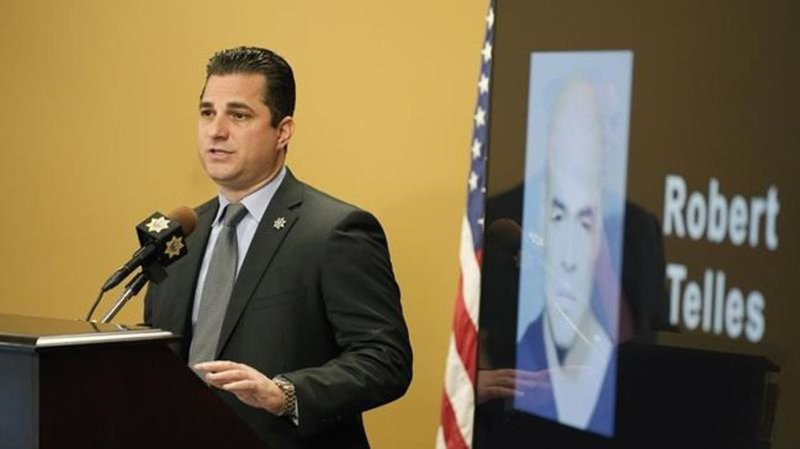
Press perils: killing of Las Vegas reporter drives home dangers of modern journalism
WASHINGTON — The slaying of a Las Vegas newspaper reporter, allegedly at the hands of one of his investigative targets, is driving home a reality the U.S. hasn’t had to confront since the Civil War: journalism on home soil is becoming more dangerous.
Jeff German, 69, an old-school investigative reporter with the Las Vegas Review-Journal, was stabbed to death outside his home last week — months removed from his exposé of the Clark County Public Administrator’s office.
That administrator, Robert Telles, appeared in court Thursday to face murder charges, his forearms bandaged from what police — who allege that traces of his DNA were found under German’s fingernails — described as self-inflicted wounds.
“I would like to have said, ‘No, we didn’t see this kind of thing coming in the United States,'” said Celeste González de Bustamante, a professor of journalism at the University of Texas at Austin.


